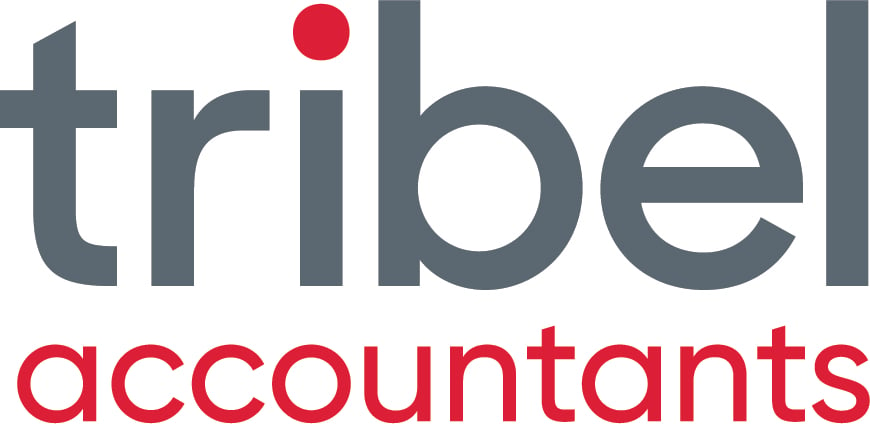INTRODUCTION:
You have decided to sell your business and you would like a tidy some. You know that business performance is one of the key drivers of any asking price in business valuations and you know it does perform well. However, what does this really mean? What sort of questions will potential buyers and business valuers ask when assessing business performance?
Here are eight areas they will consider and the better you can answer them the higher your asking price will be.
 Figure 1: These days most buyers (including baboons!) aren't stupid & will do their due diligence and may engage a business valuer to assess your business valuations before making an offer.
Figure 1: These days most buyers (including baboons!) aren't stupid & will do their due diligence and may engage a business valuer to assess your business valuations before making an offer.
1. How Many Profitable Years' Trading Does The Business have?
The more years the business has traded profitably the better as a business that has greater than say 10 years will be regarded as being much less risky than those that only have 2 or 3.
A lower risk means a higher business multiple which means a higher business valuation. Your small business accountants should have this information available if you can't find it but it's always a good idea to have these on hand even if you've been trading for a number of years and you have satisified record keeping requirements.
2. What Is The Current Year's Increase In Sales?
A current increase in sales of 20% or more will indicate the business is growing whereas a business that has declining sales or small increases will tend to indicate the business might be flat lining. Growth rates of 10% to 20% are usually the norm for getting stronger business valuations results.
3. WHAT IS THE CURRENT YEAR'S INCREASE IN Gross Margin?
Again growing margins will tend to indicate:
- better purchasing power;
- customers that aren't price sensitive;
- serving a niche or having a competitive advantage.
- customer loyalty;
- less competition.
Just like sales, when margins are growing this will be much better than margins that are decreasing unless of course more volume is being pushed through at the lower rates which will then increase the bottom line.
4. WHAT IS THE CURRENT YEAR'S INCREASE IN Wages as a % Of SALES?
Increasing wages as a % of sales can indicate:
- wages rising but sales decreasing meaning less profit;
- lack of control over wage efficiencies;
- paying too much for labour;

Figure 2: Do you have people just sitting around in your business? Photo courtesy Balmain Baz and Lara Scolari Gallery Balmain
5. WHAT IS THE CURRENT YEAR'S INCREASE IN Adjusted EBIT?
An adjusted EBIT (Earnings Before Interest & Tax) that is growing year on year is always a good sign for any buyer. An adjusted EBIT allows for reasonable salaries for owners and family members if they aren't reflected in the accounts and unusual income and expenses will be backed out of the calculation.
The Adjusted EBIT is usually the figure that you apply the multiple to when assessing the business valuations.
6. WHAT IS THE CURRENT YEAR'S Improvement In Liquidity?
Like banks, buyers like businesses that have good cash flow. A business that has good cash flow and showing improvement in:
- debtor days;
- inventory days; and
- supplier days.
will always get a better price than those that struggle to manage their cash. If you need help working these out or if you want to have a plan to improve these numbers through a three way budget and cash flow forecast, speak to your small business accountant.
7. How Does The Business Compare To Industry Benchmarks?
Performing above your industry is always a good sign when trying to sell at a good price. How does your business compare to the industry average?

Figure 3: Staying abreast of your competitors will pay dividends. there is always someone younger, faster trying to eat you market share. Photo courtesy Balmain Baz & Lara Scolari Gallery Balmain
8. What Ability Does The Business Have To Control Operating Costs?
Being able to control costs gives more certainty around being able to achieve past profitable results which have been used to arrive at your valuation. Buyers and business valuers will look to see how much you can control this aspect of your business.
CONCLUSION:
Is your business a good performer? How would it score if the above areas were asked of it?
If you don't know or would like to start improving it, it's time to do something about.
Do it now and you will avoid disappointment when you go to sell!


.png?width=100&height=100&name=COVID_Safe_Badge_Digital%20(002).png)




